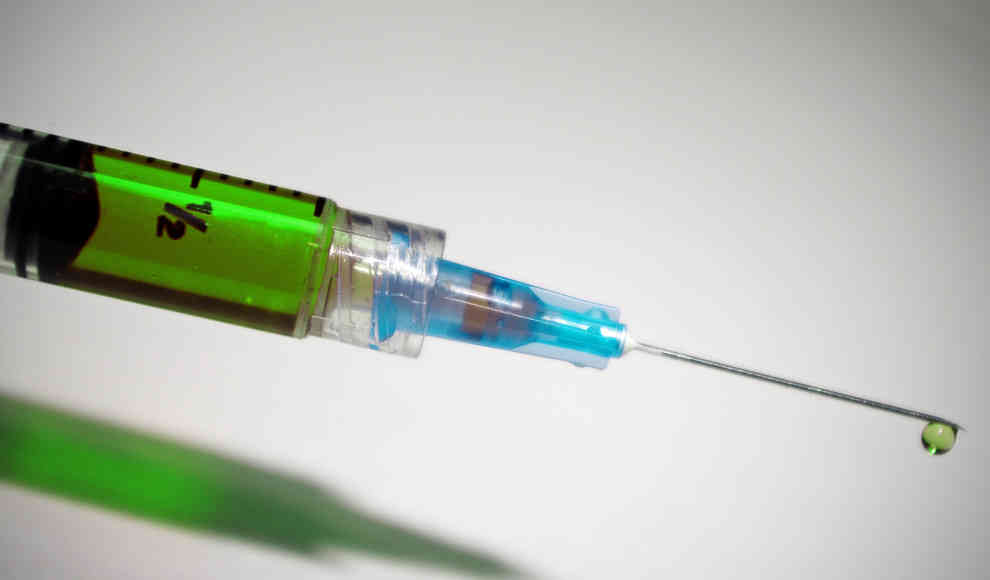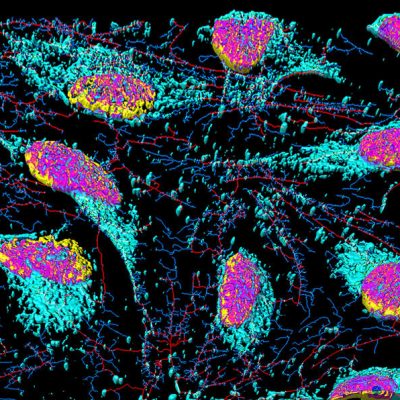Scientists have successfully tested a vaccine against Chlamydia, the most common sexually transmitted disease, in a clinical trial involving 35 women. Chlamydia is often left untreated due to a lack of symptoms, which can lead to infertility in women. The bacteria of the Chlamydiaceae family cause inflammation in the mucous membranes of the rectum, uterus, urethra, and throat. The infection is often not noticed, as symptoms are not visible in about three-quarters of those affected. If left untreated, the disease can cause inflammation in the internal genital organs, leading to infertility in women. Scientists from Imperial College London and the Danish Statens Serum Institute have developed a vaccine that could prevent Chlamydia infections in the future. The newly developed vaccine, CTH522, was successfully tested on human subjects in a clinical phase 1 study.
The vaccine works by using an antigen made up of areas of a surface protein that is used by the most common Chlamydia pathogens to dock onto human cells. The administration of this surface protein in the form of a vaccine triggers an immune response that leads to the production of antibodies in the body. In the phase 1 study, two variants of the CTH522 vaccine were tested on a total of 35 healthy women. One variant contained aluminum hydroxide, a drug enhancer commonly used in other vaccines, while the second variant was supplemented with the new adjuvant CAF01. The results of the clinical trial showed that both variants of the vaccine triggered a natural production of antibodies in all subjects. The effect of the new adjuvant CAF01 was significantly better than that of the aluminum hydroxide enhancer. No side effects were observed, except for mild pain at the injection site.
According to Georg Häcker, a microbiologist from the University Hospital Freiburg who was not involved in the study, “the results of the study are very interesting and promising. The study shows that vaccinated individuals can build an immune response against Chlamydia. However, it has not yet been investigated whether the vaccine provides real protection against an actual infection. This can be assumed, but cannot be predicted with certainty.” A planned phase 2 study will now show whether the vaccine actually provides protection against a real infection. However, it will still take several years before the vaccine can be brought to market, and collaboration with a pharmaceutical company will be necessary to finance the expensive approval process.










